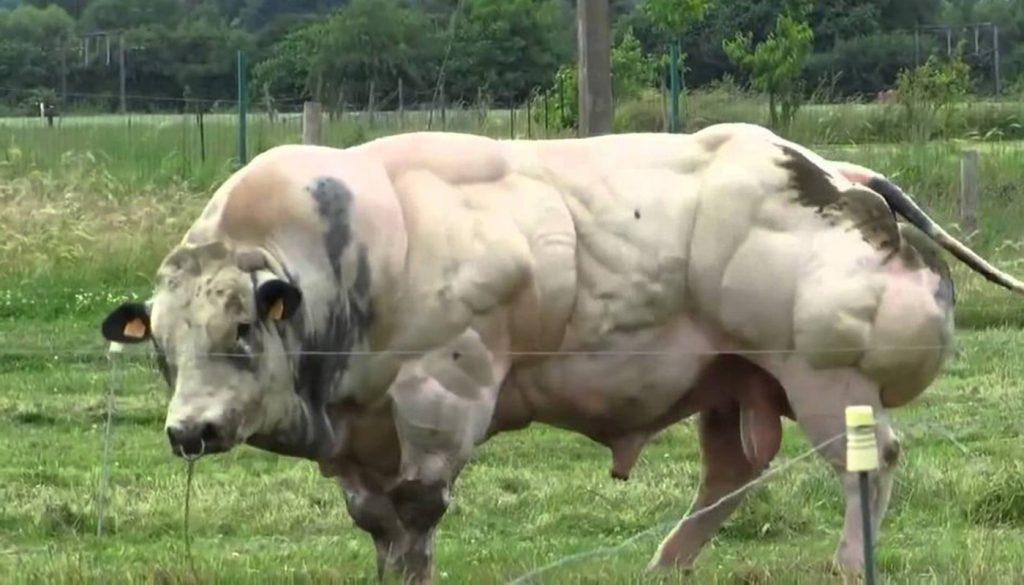Myostatins – What Are They and What Do They Mean for Your Herd?
15 January 2020What are Myostatins?
Myostatin is a gene mutation that results in unregulated muscle growth or ‘double muscling’, most commonly seen in beef breeds such as British Blue and Limousin. There are nine variants of the mutation that occur in differing levels in different breeds.
What does it do?
The most obvious departure from normal in the phenotype of a double muscled animal is the enlargement of muscle, particularly in the rump and shoulder areas. There are however other traits which may or may not be significant, more particularly where the syndrome is fully expressed:
- Prominent creases between muscle groups
- Minimal fat cover and modified fat composition
- Shorter, thinner and less dense bones
- Delays in puberty, reduced fertility and reduced milk production
- Increased likelihood of dystocia (difficult calvings)
- Enlarged tongues in new born calves
- Poorly developed genitals
- Increased susceptibility to respiratory disease probably due to increased demands on aerobic metabolic activity
- Increased meat tenderness and yield
The mutations do not operate in isolation, but interact with other genes in ways that are, as yet, poorly understood. It is often the case that one copy of the variant whilst increasing muscle mass may not bring with it any of the negative side effects mentioned above.
What does it mean for my herd?
When purchasing a bull it is worth looking at the catalogue as they may have been tested for myostatins, test results are presented as having no copy present (0), one copy (1) or two copies (2) with details of which variant is present.
It is very much dependant on your own breeding program as to whether you feel myostatins have a positive or negative role to play in it but having the information available to you will help make an informed decision either way. We would recommend that myostatins are considered as a selection tool in addition to EBVs, health status and pedigree.
Lesley Wylie, lesley.wylie@sac.co.uk
Sign up to the FAS newsletter
Receive updates on news, events and publications from Scotland’s Farm Advisory Service

